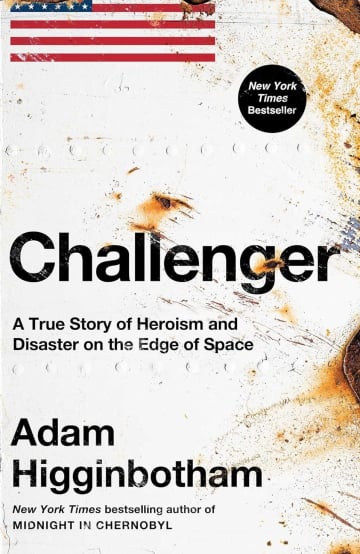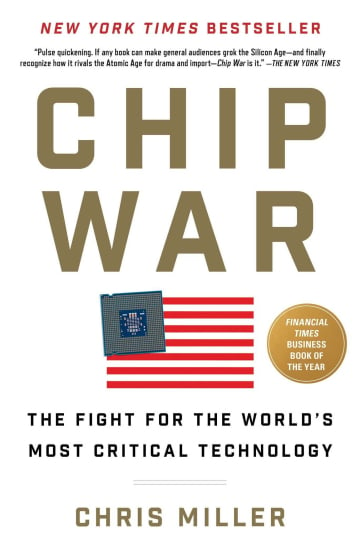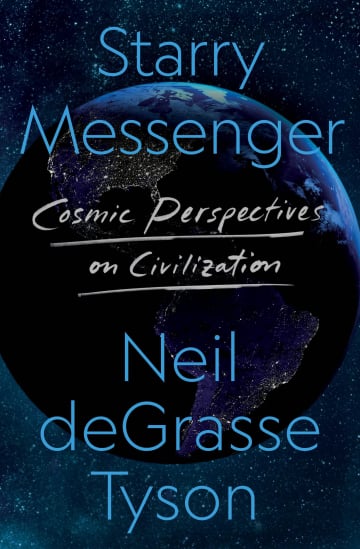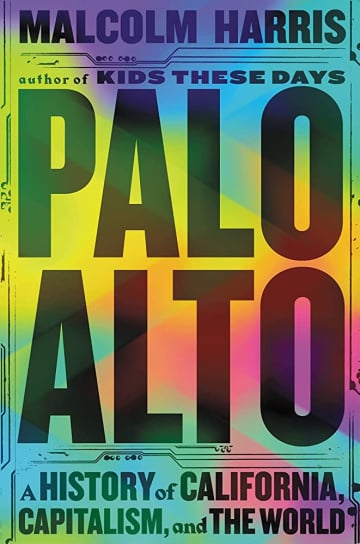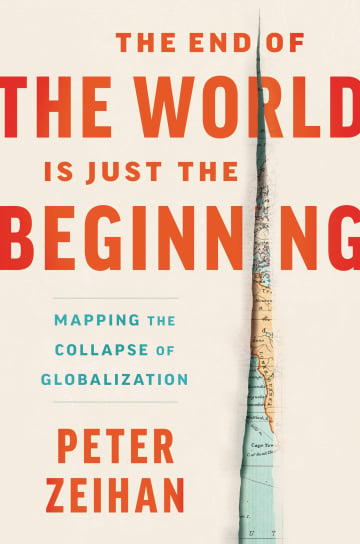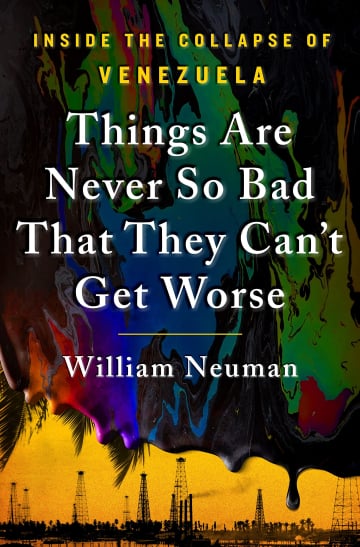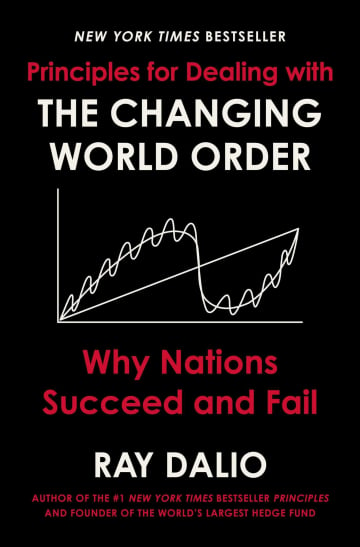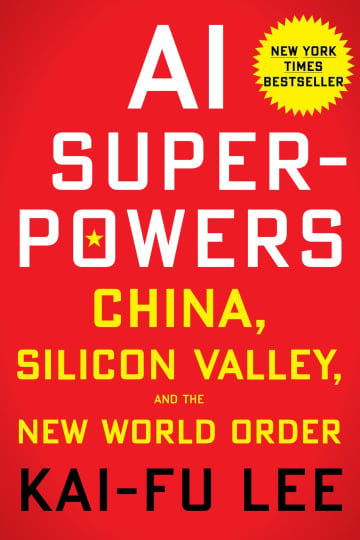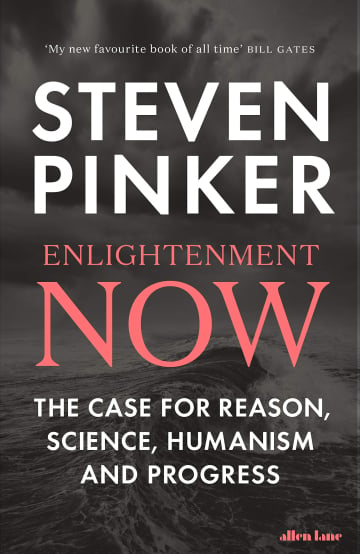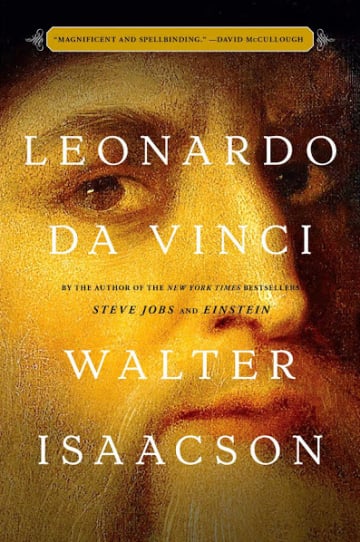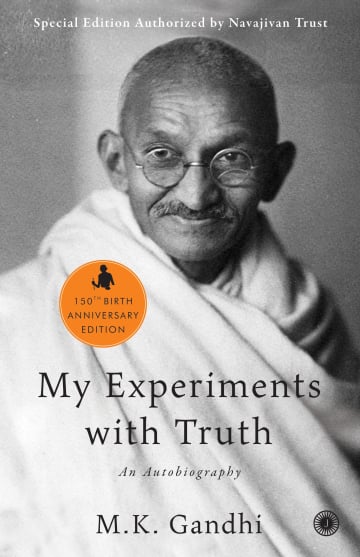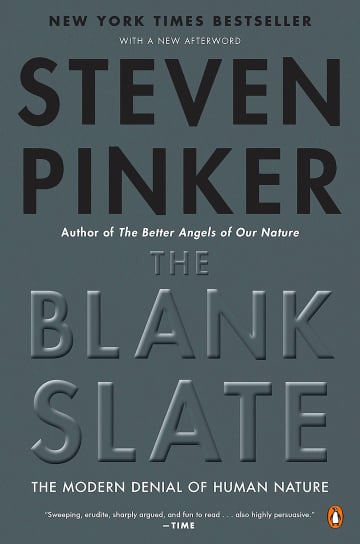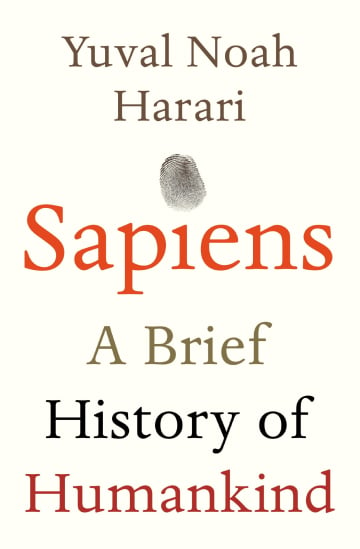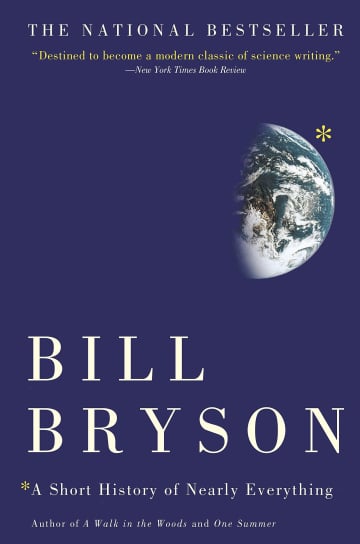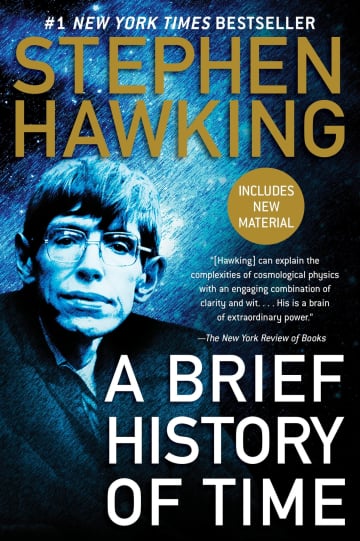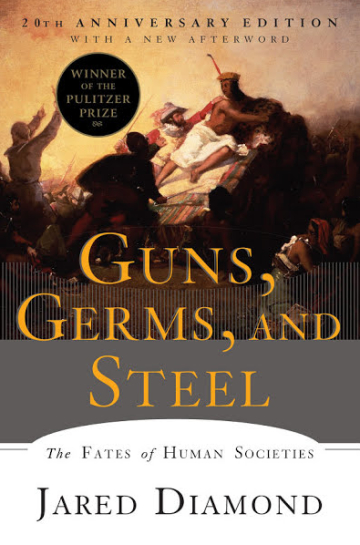
Guns, Germs, and Steel: The Fates of Human Societies
⚡️ 12 Quotes from the book
“Almost all studies of child development emphasize the role of childhood stimulation and activity in promoting mental development, and stress the irreversible mental stunting associated with reduced childhood stimulation.”
“History followed different courses for different peoples because of differences among peoples’ environments, not because of biological differences among peoples themselves.”
“Despite being depicted in innumerable cartoons as apelike brutes living in caves, Neanderthals had brains slightly larger than our own.”
“Food production was indirectly a prerequisite for the development of guns, germs, and steel.”
“Much of human history has consisted of unequal conflicts between the haves and the have-nots: between peoples with farmer power and those without it, or between those who acquired it at different times.”
“Far more Native Americans died in bed from Eurasian germs than on the battlefield from European guns and swords. Those germs undermined Indian resistance by killing most Indians and their leaders and by sapping the survivors’ morale.”
“My two main conclusions are that technology develops cumulatively, rather than in isolated heroic acts, and that it finds most of its uses after it has been invented, rather than being invented to meet a foreseen need.”
“With the rise of chiefdoms around 7,500 years ago, people had to learn, for the first time in history, how to encounter strangers regularly without attempting to kill them.”
“Naturally, what makes patriotic and religious fanatics such dangerous opponents is not the deaths of the fanatics themselves, but their willingness to accept the deaths of a fraction of their number in order to annihilate or crush their infidel enemy.”
“All human societies contain inventive people. It’s just that some environments provide more starting materials, and more favorable conditions for utilizing inventions, than do other environments.”
“A key problem will be to understand the detailed chain of causation from a long history of state societies and agriculture to modern economic growth, in order to help developing countries advance up that chain more quickly.”
“Human history at last took off around 50,000 years ago, at the time of what I have termed our Great Leap Forward.”
Related videos
Follow the author

Jared Diamond is a noted polymath, Professor of Geography at UCLA, and an international bestselling author. He has received numerous awards, including the U.S. National Medal of Science, Japan’s Cosmos Prize, a MacArthur Fellowship, and a Pulitzer Prize for General Nonfiction. He is also a member of the U.S. National Academy of Sciences. Diamond holds a B.A. from Harvard University and a Ph.D. from the University of Cambridge.
Publications
The Guardian: Guns, Germs and Steel – and a ploughman's lunch
The Wall Street Journal: 'Guns, Germs and Steel' Comes to Television
National Geographic: 'Guns, Germs and Steel': Jared Diamond on Geography as Power
Medium: Why You Should Read “Guns, Germs, And Steel: The Fates of Human Societies”
Ask Albert:
Rate the book
⚡️ Discover Even More Bookish Wisdom
recommends
recommends
